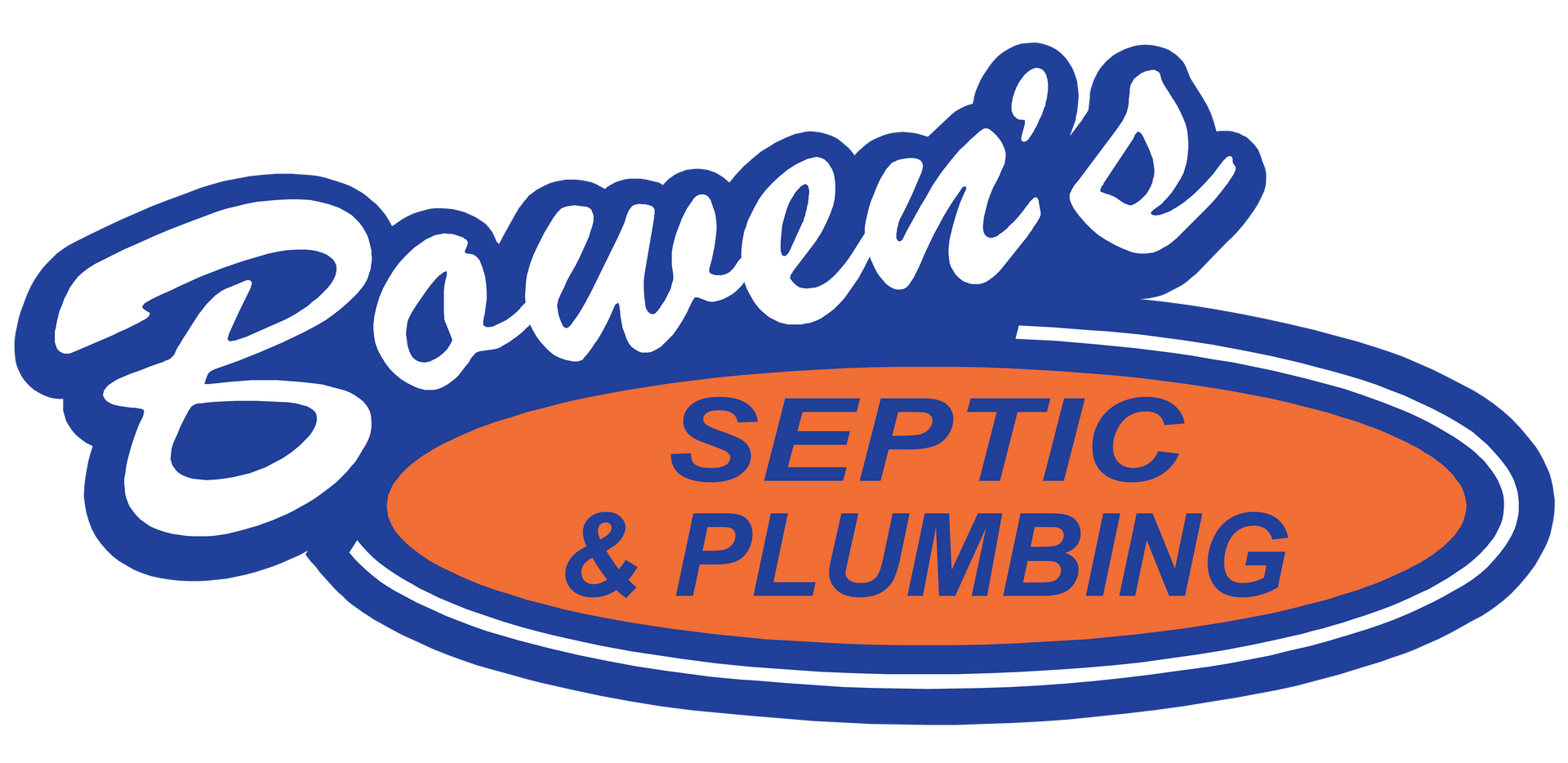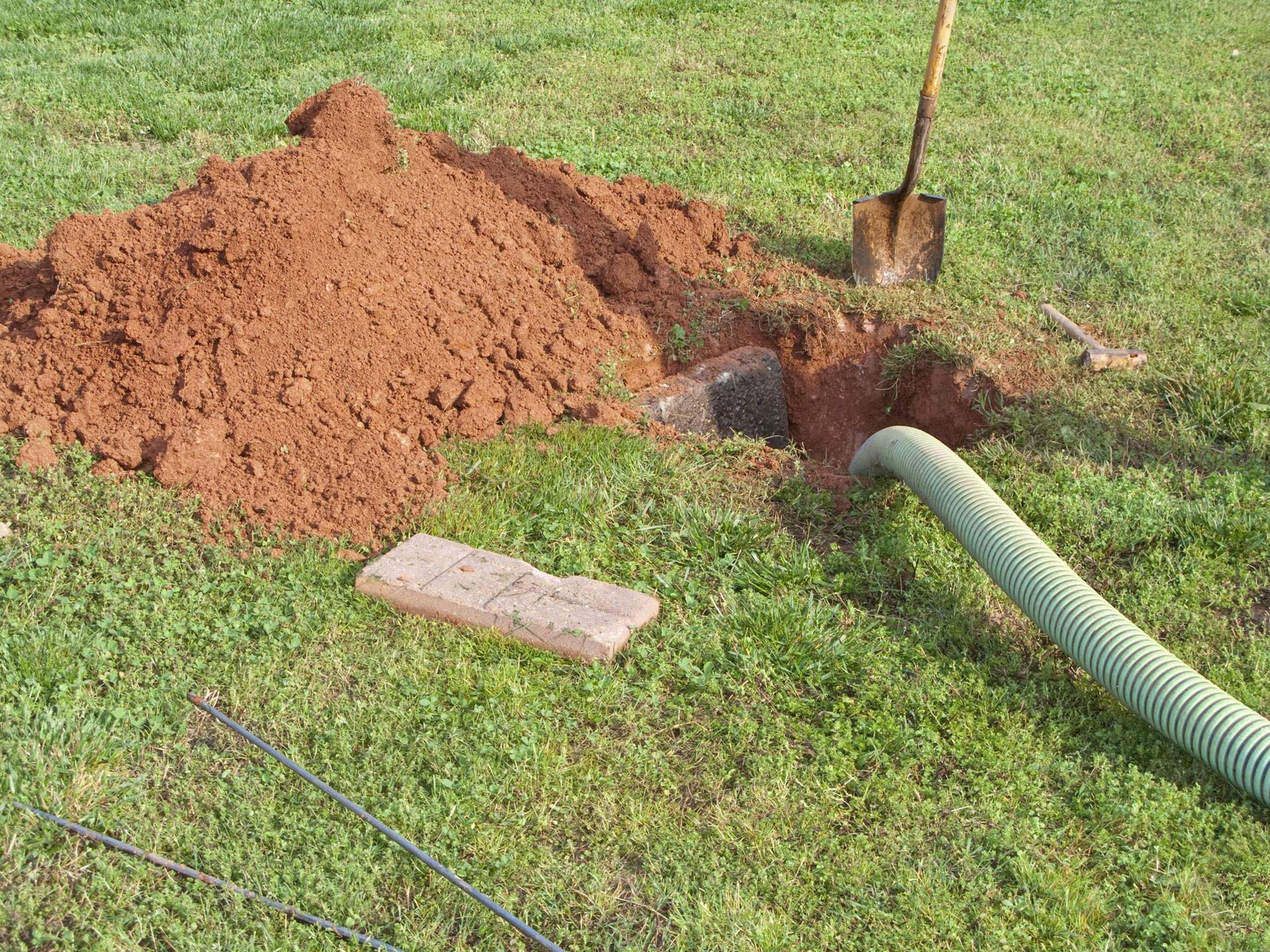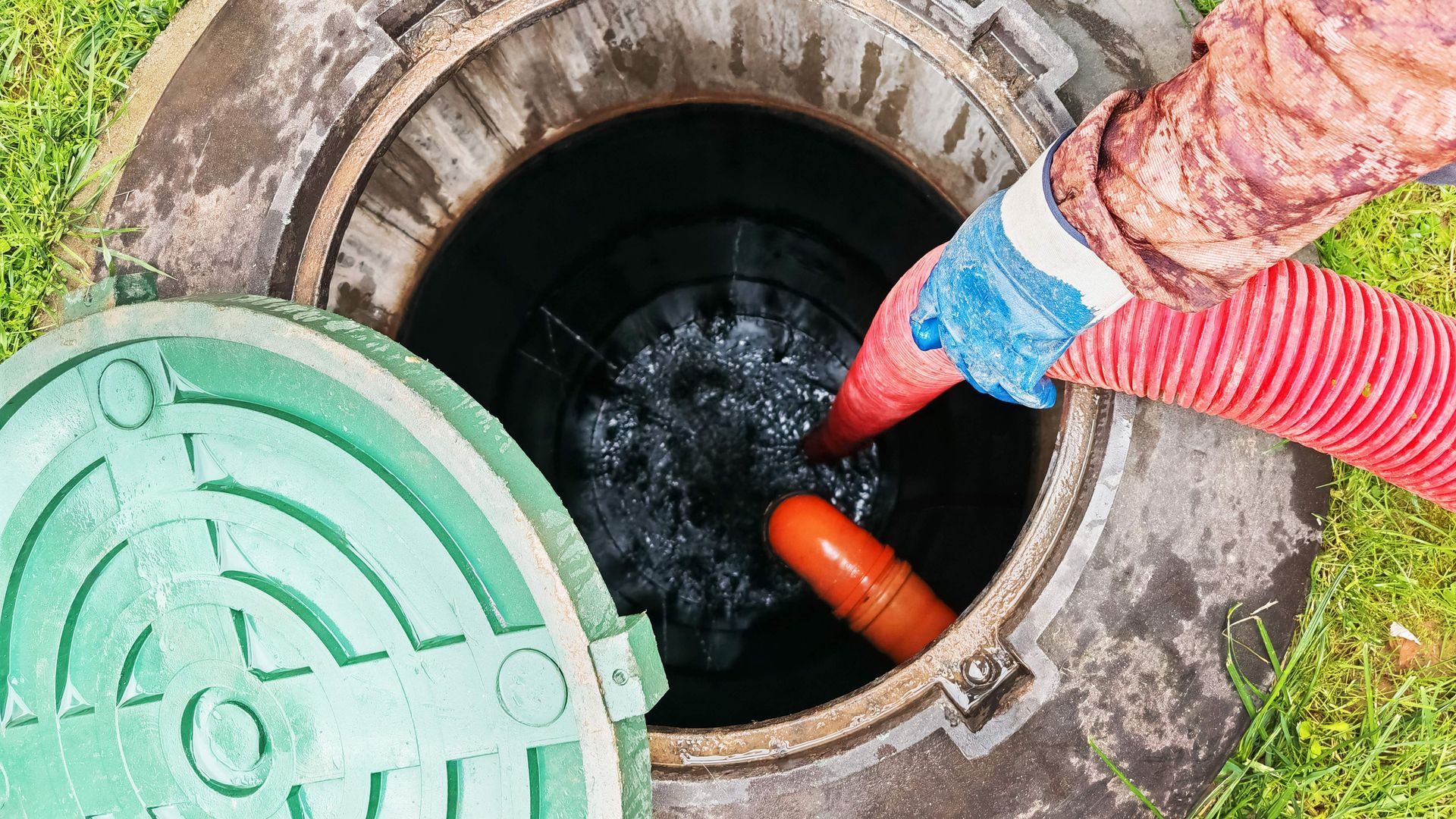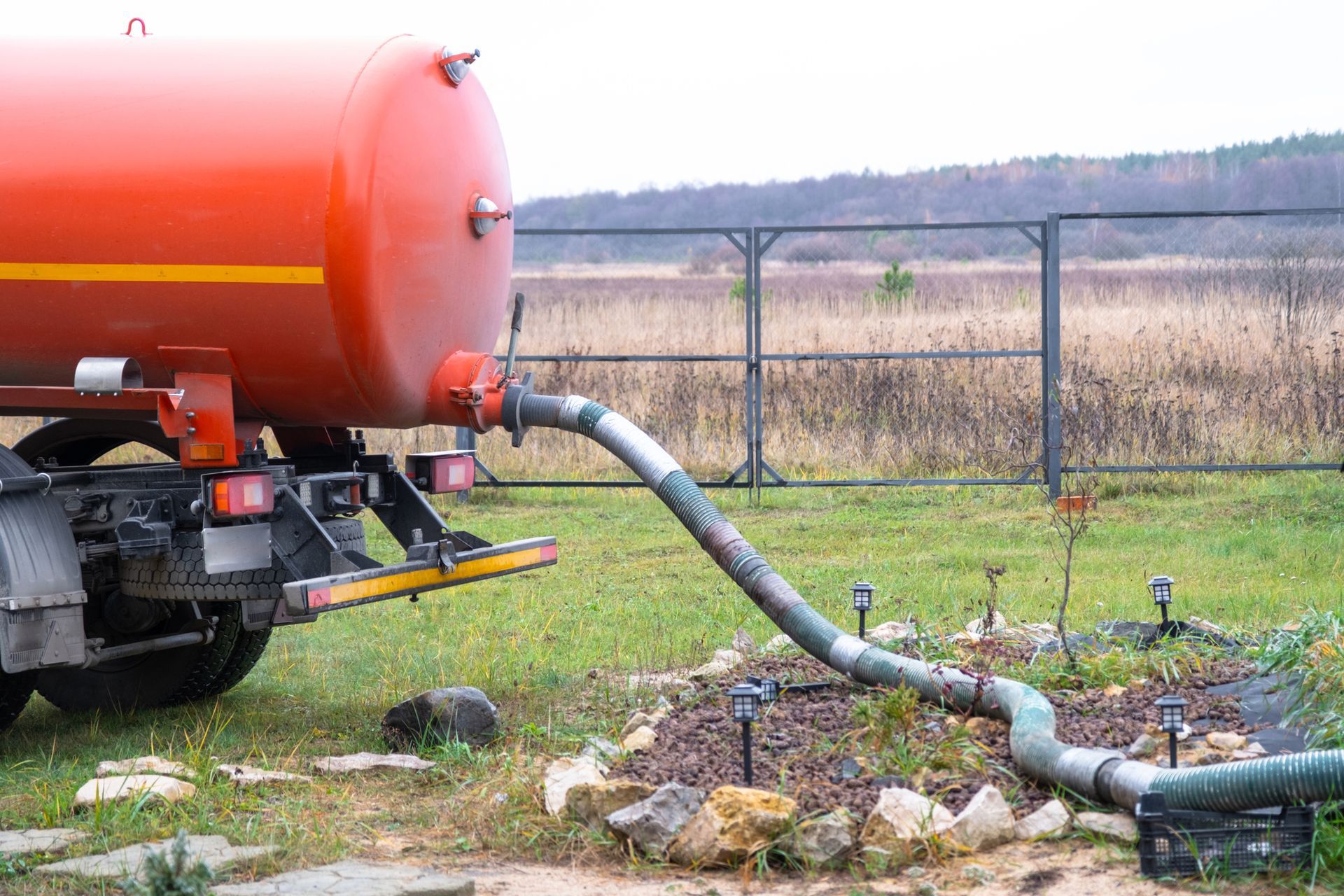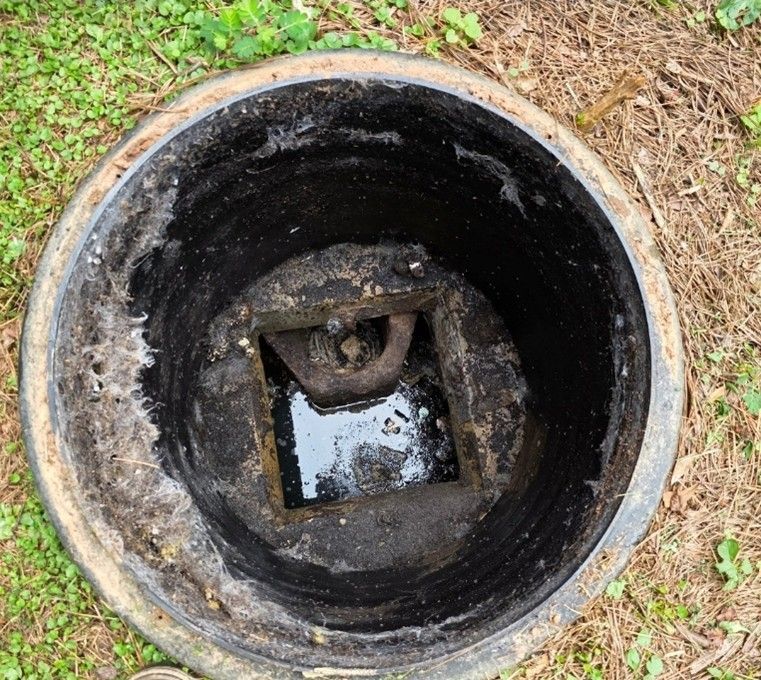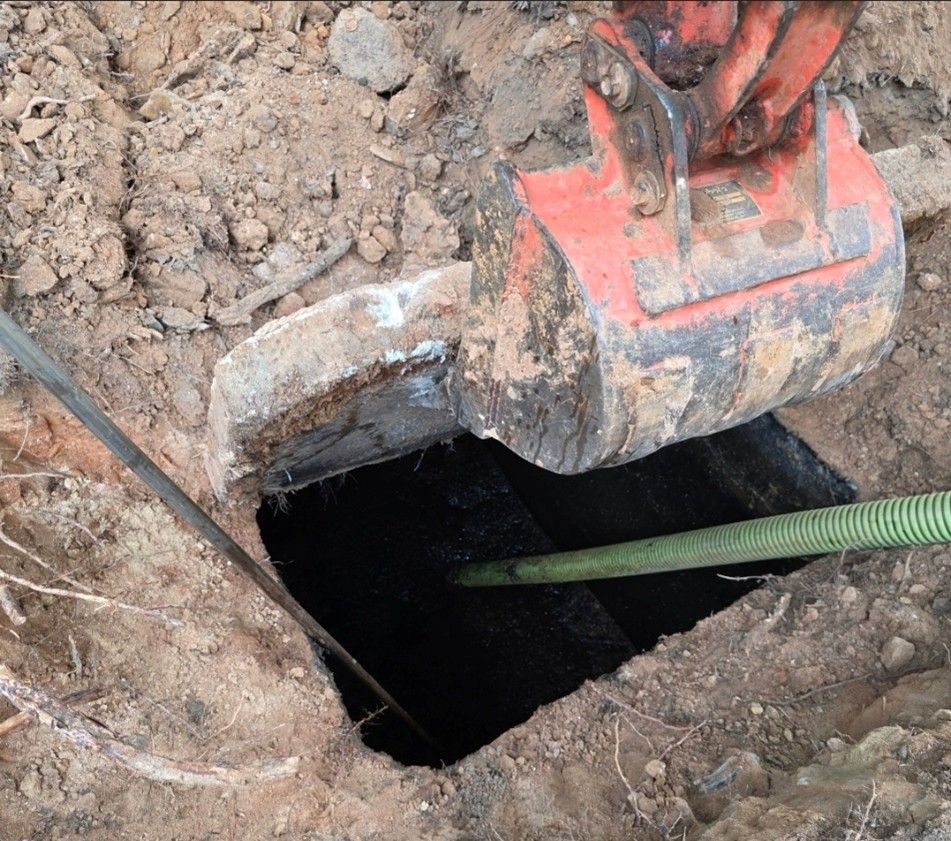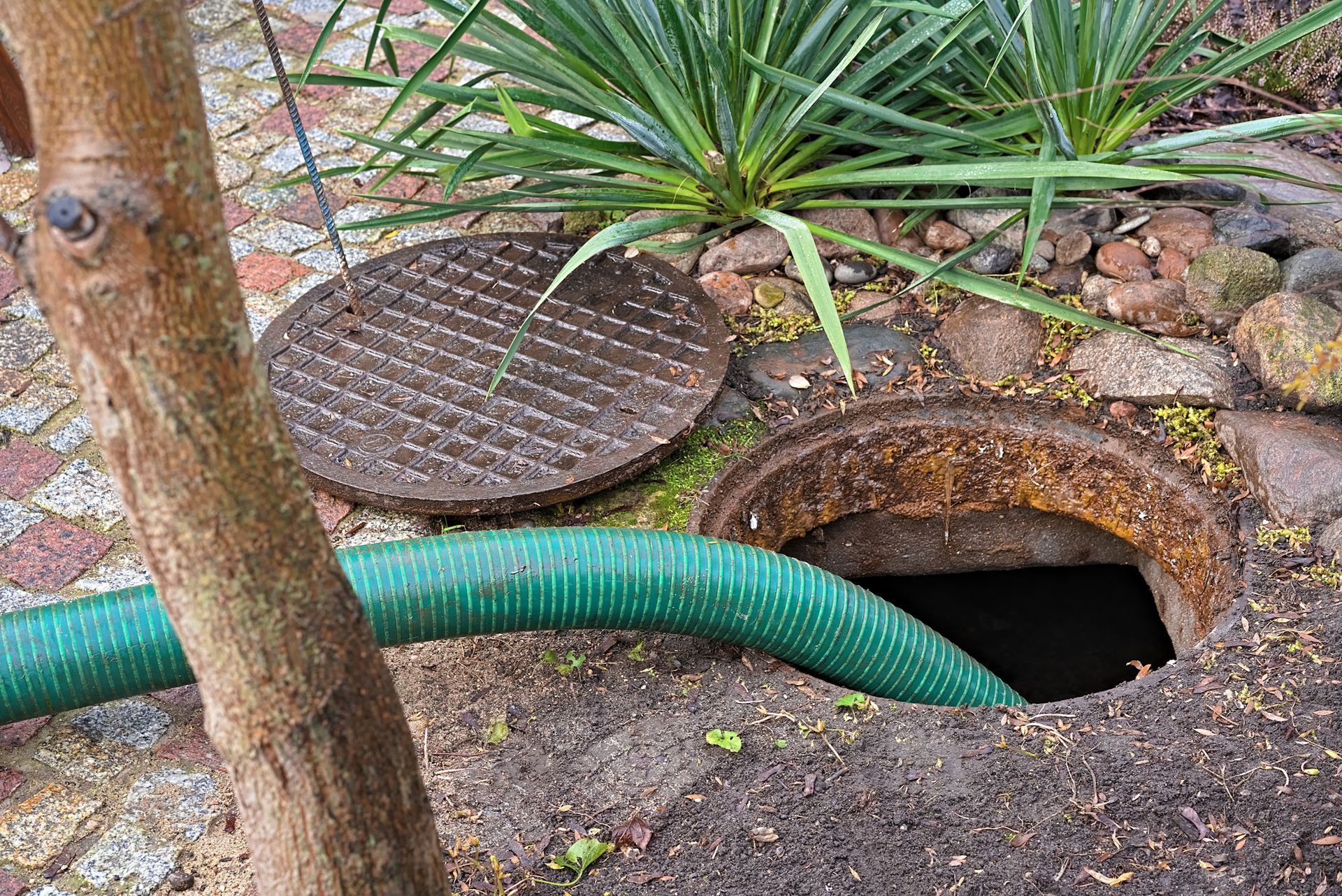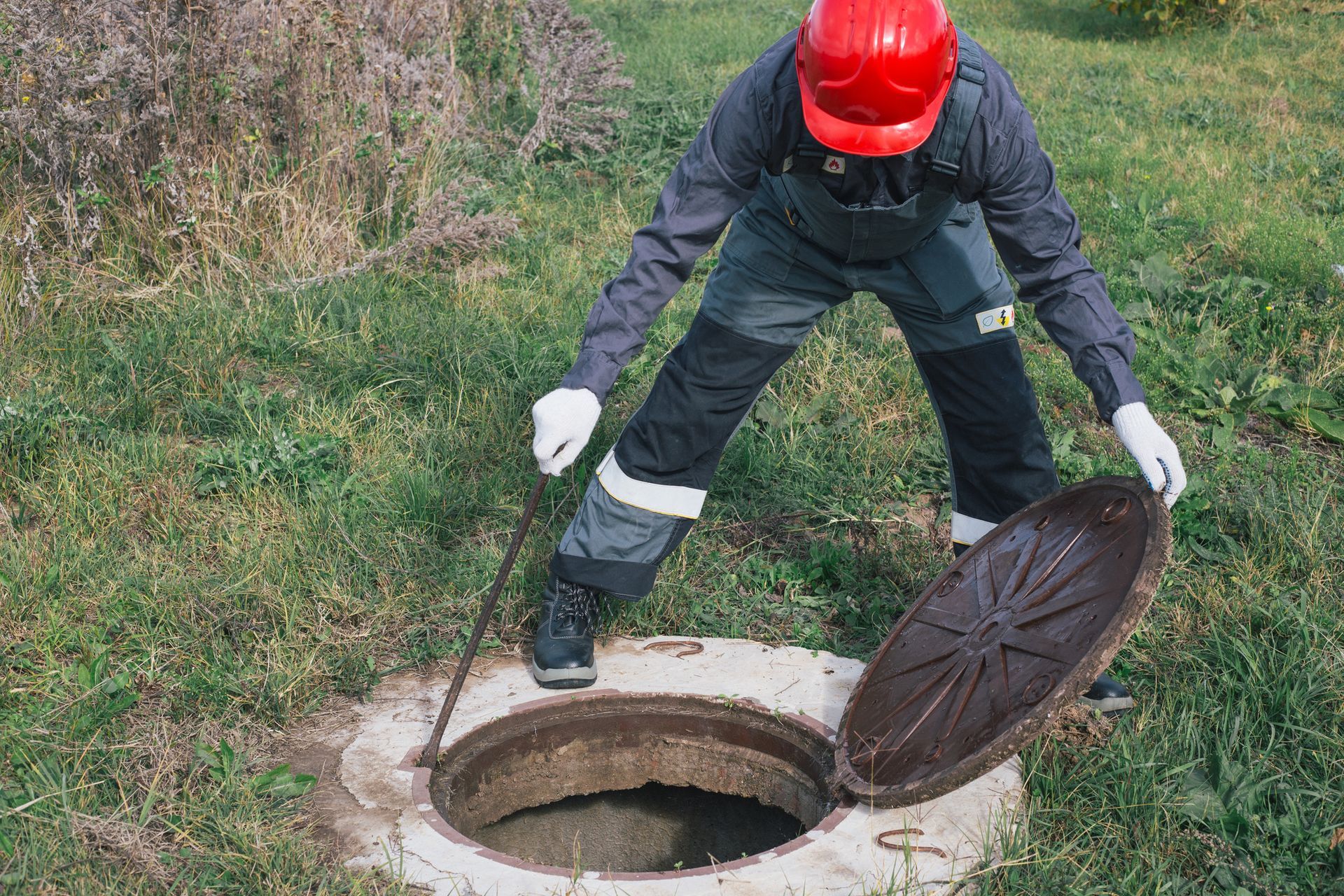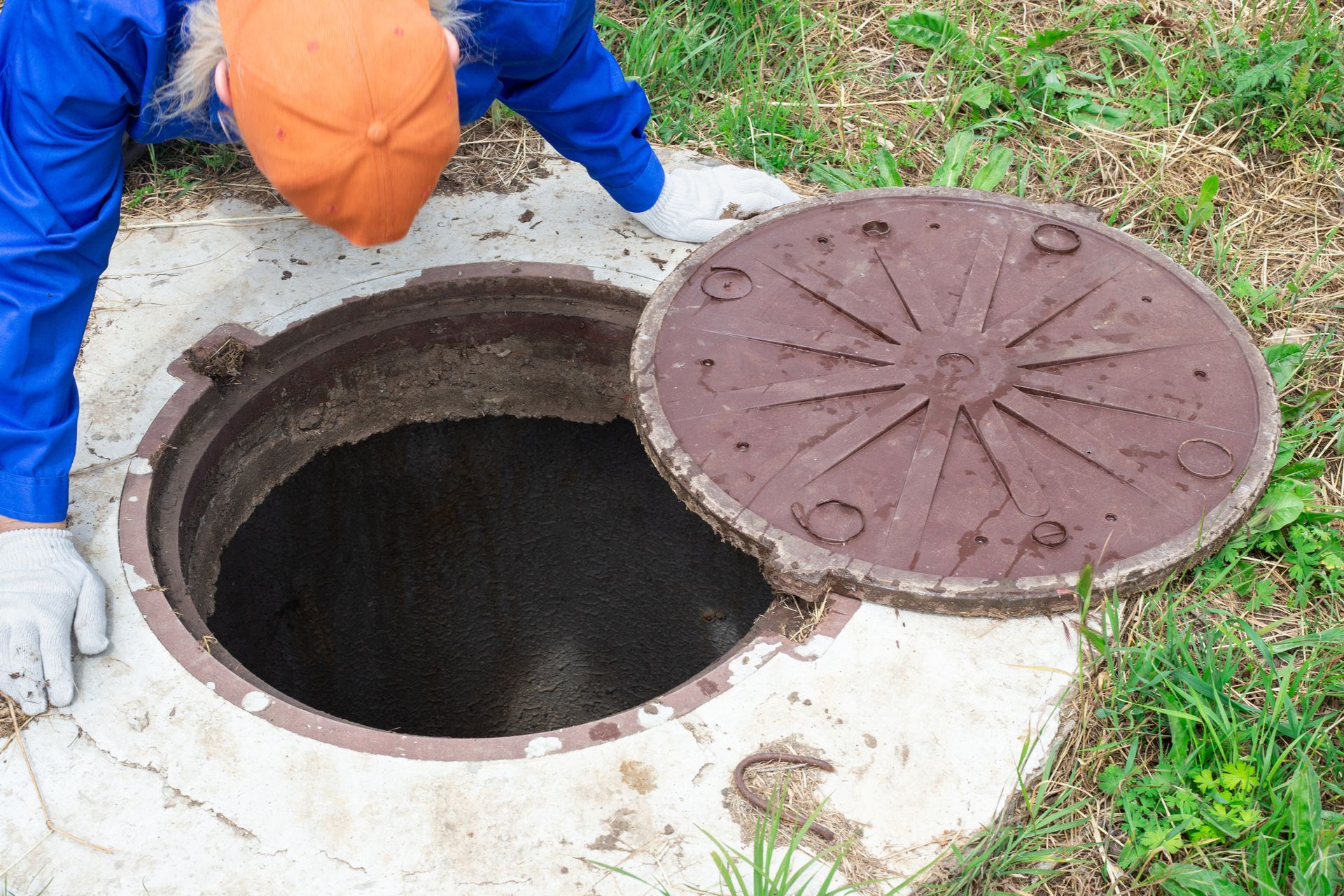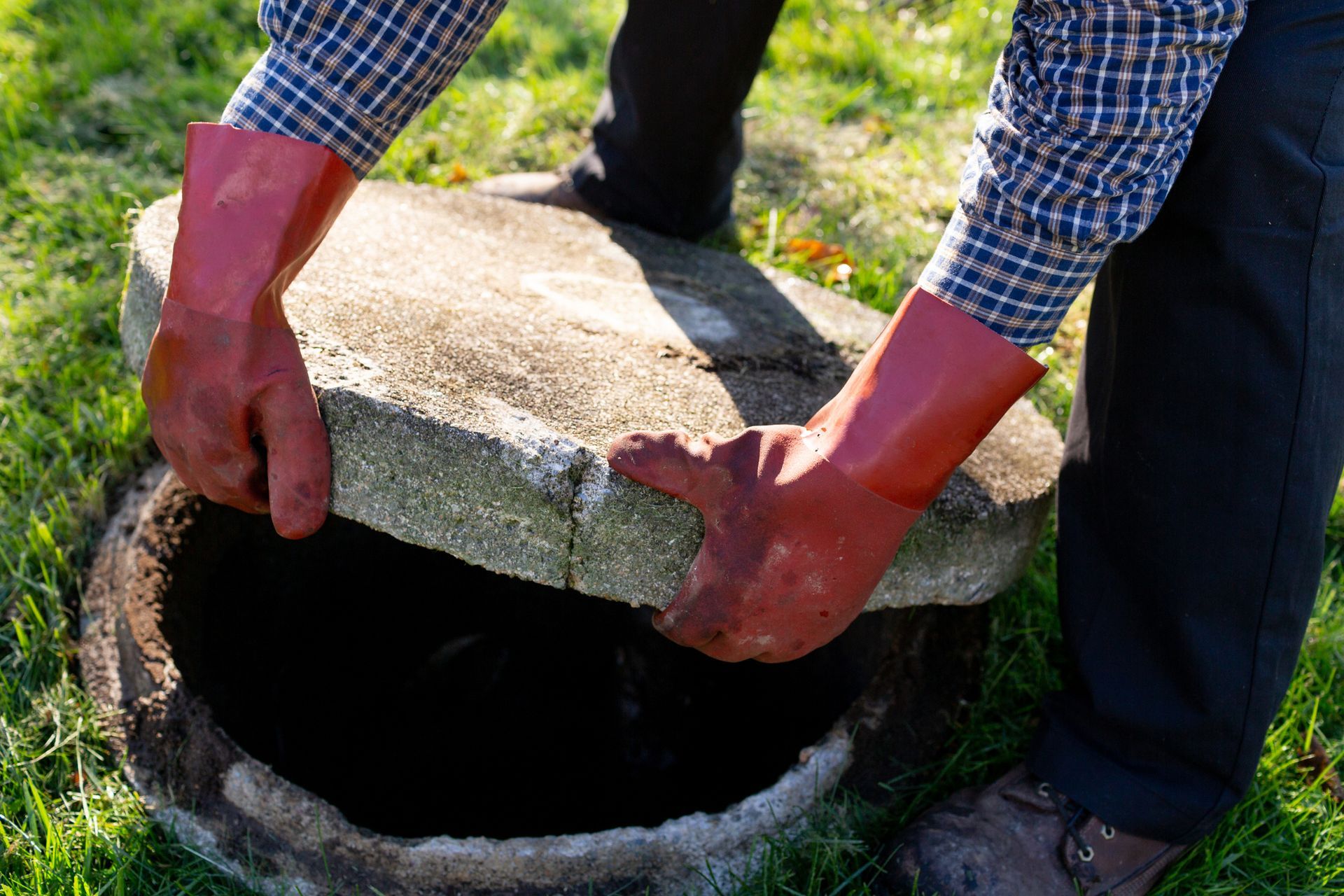Common Types of Materials for Septic Tanks
The septic tank is a major part of any septic system. Most septic tanks are located underground and use bacterial decomposition for wastewater treatment. For the septic tank to function properly, it must be composed of the ideal material. Here are the most common types of materials used for septic tanks. 1. Concrete Septic Tank
Concrete septic tanks are quite massive, and most come pre-casted to make installation easier. The tanks are strong enough to counteract buoyant forces when underground. Concrete septic tanks have an extended lifespan and will serve your building for many decades. 2. Fiberglass Reinforced Plastic
Fiberglass reinforced plastic (FRP) is available either as one piece or two pieces. For proper functioning, FRP septic tanks must use the recommended adhesives and stainless steel bolts. Manufacturers often use the highest manufacturing standards for FRP, but the tanks can leak due to damage during shipping. Leaking can also happen due to the use of incorrect adhesives. 3. Steel Septic Tank
You can choose steel septic tanks if you're looking for a robust material that is resistant to buoyant forces. Another benefit of steel septic tanks is that they will not float if the water table rises nearer the tank. 4. Plastic Septic Tanks
Plastic materials are not chemically reactive, so the plastic septic tank won't corrode. Also, plastic materials are non-porous, preventing wastewater exchange between the inside and outside of the tank. And unlike concrete tanks, plastic tanks will prevent tree roots from infiltrating the inside of the tank. You just have to ensure proper installation of the septic tank.
